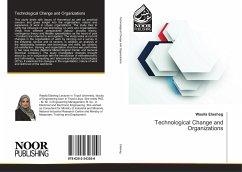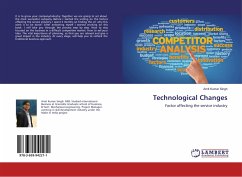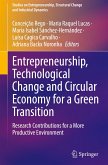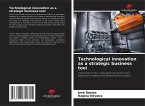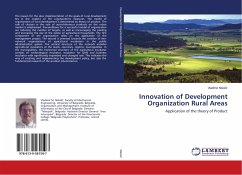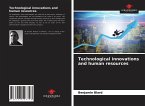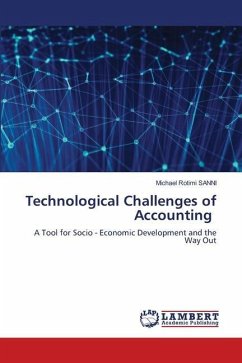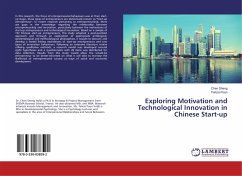This study deals with issues of theoretical as well as practical concern and gives insight into the organization, nature and experience of work in Libyan organizations. The study tries to verify the influence of new technology on work and organizations. Views from different perspectives (labour process theory, contingency theory and flexible specialization as the heart of post - Fordism) are referred to and applied. The study looks at current changes in the organization of work by carrying out a survey in the industrial, service and oil sectors. In addition an analysis of the relationship between new technology and skills, job content, job satisfaction, training and organization structure was performed in two case studies (National Meteorological Center and General Electrical Company). The study investigates changes brought about by, or in conjunction with the introduction of microelectronic and information, computing and telecommunications technologies (ICTs). It examines the changes in the organization, nature of work and skill level of the workforce.
Bitte wählen Sie Ihr Anliegen aus.
Rechnungen
Retourenschein anfordern
Bestellstatus
Storno

